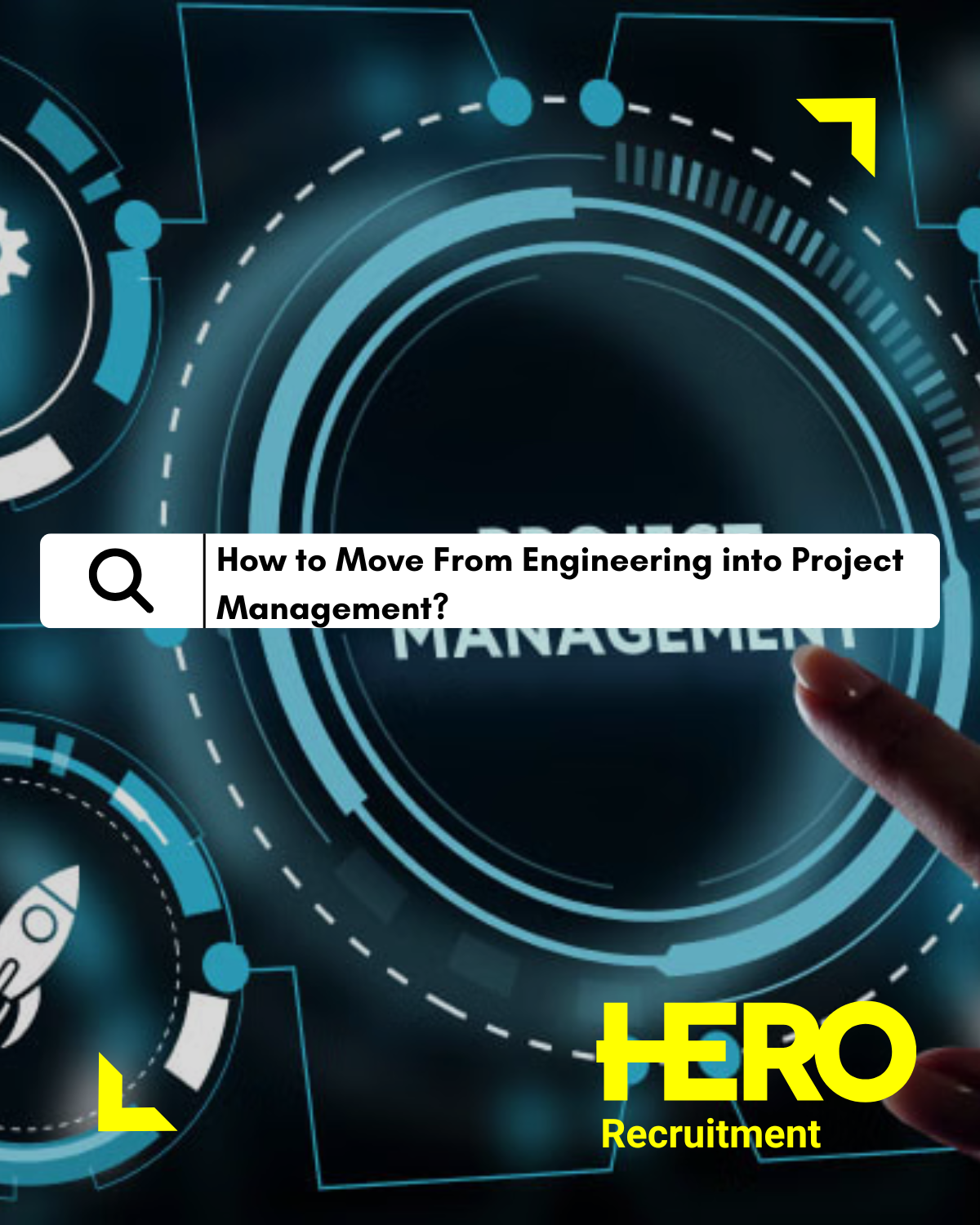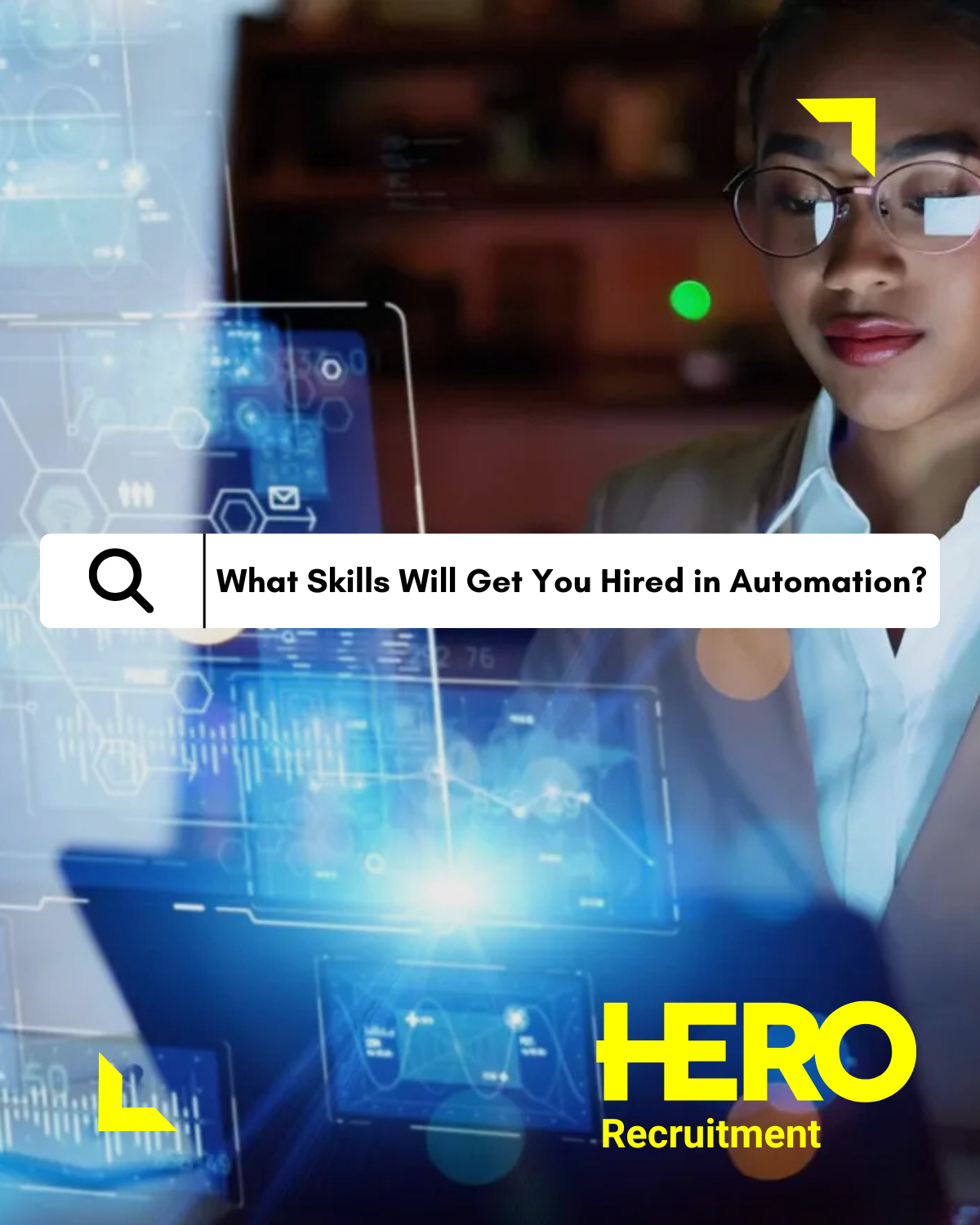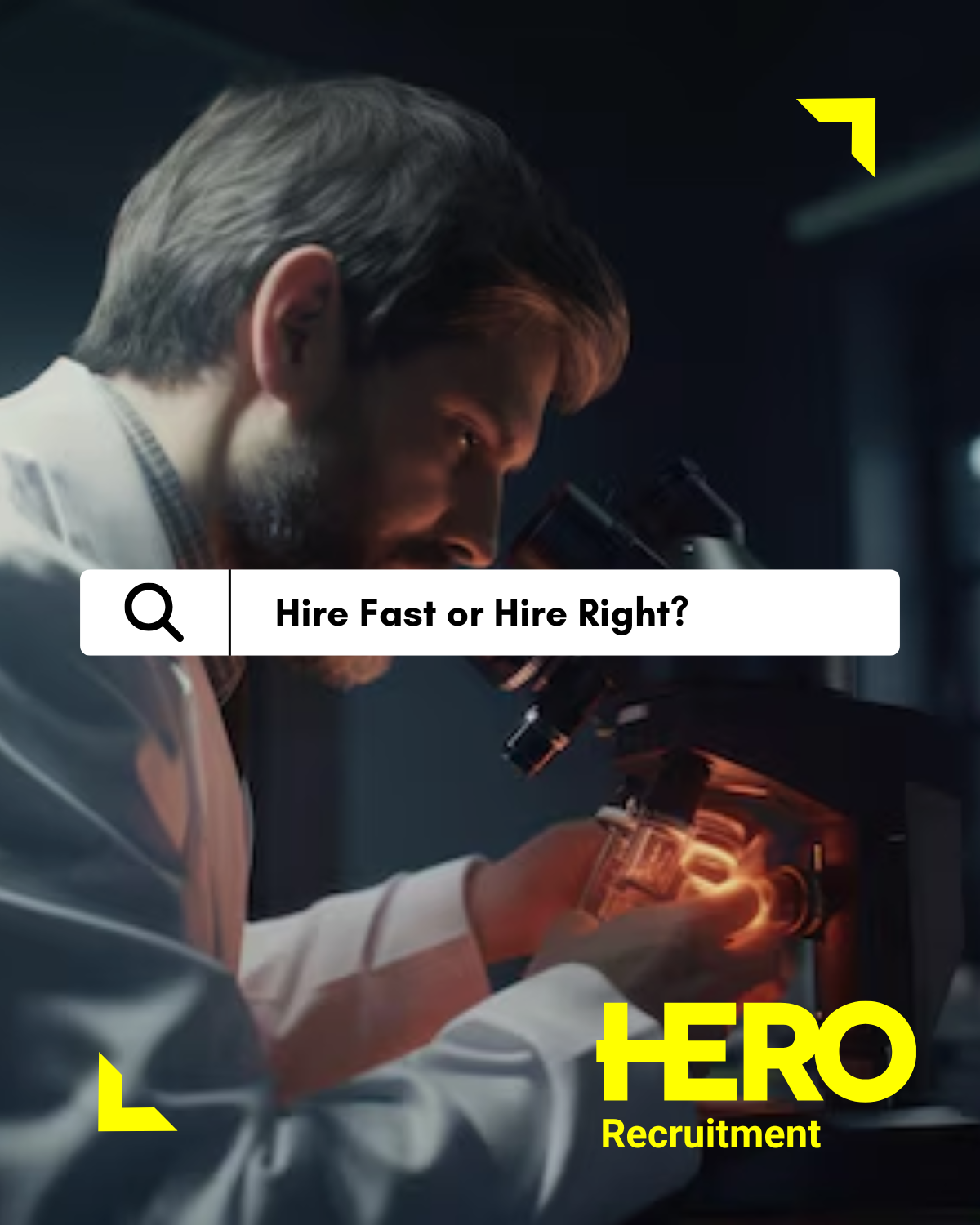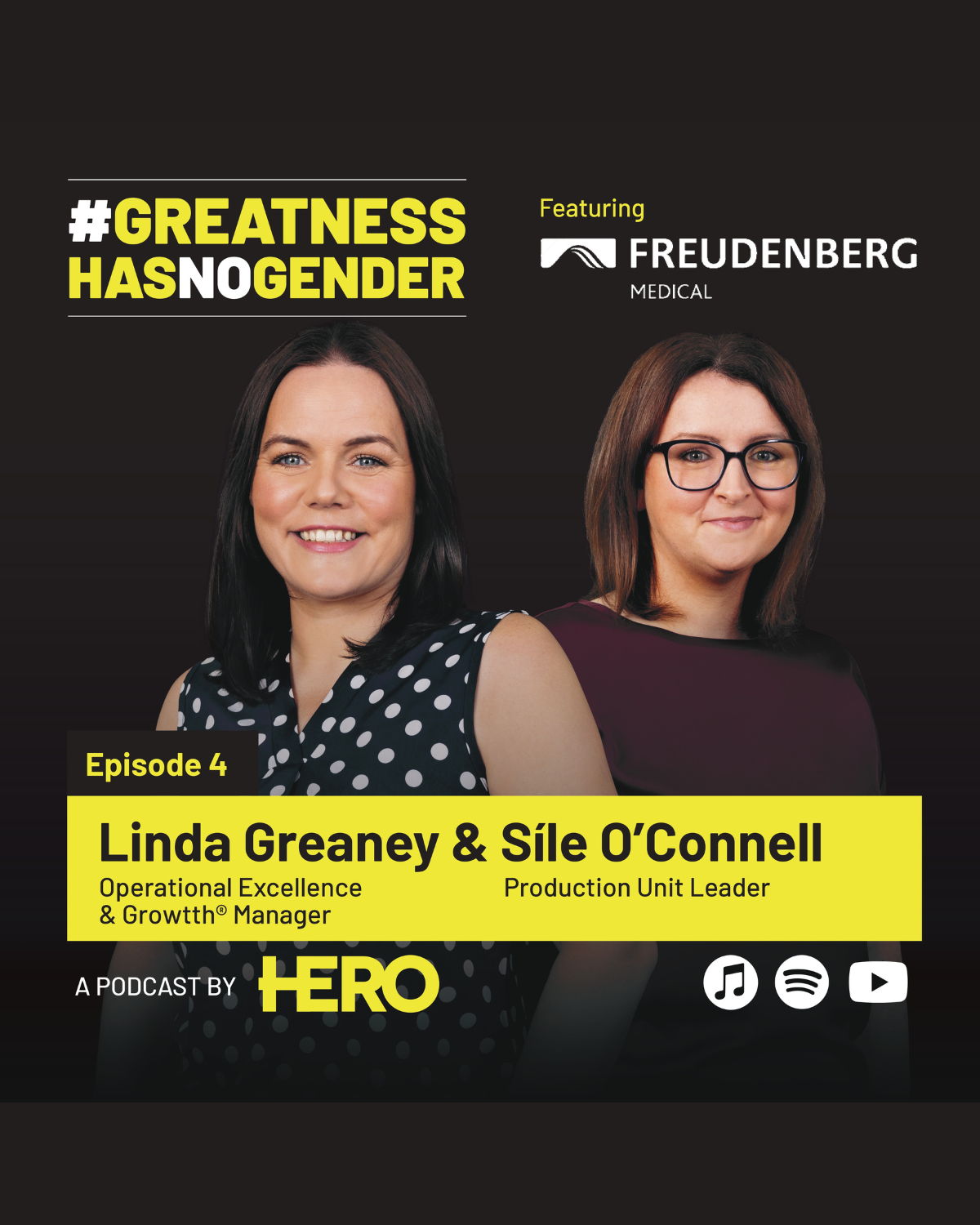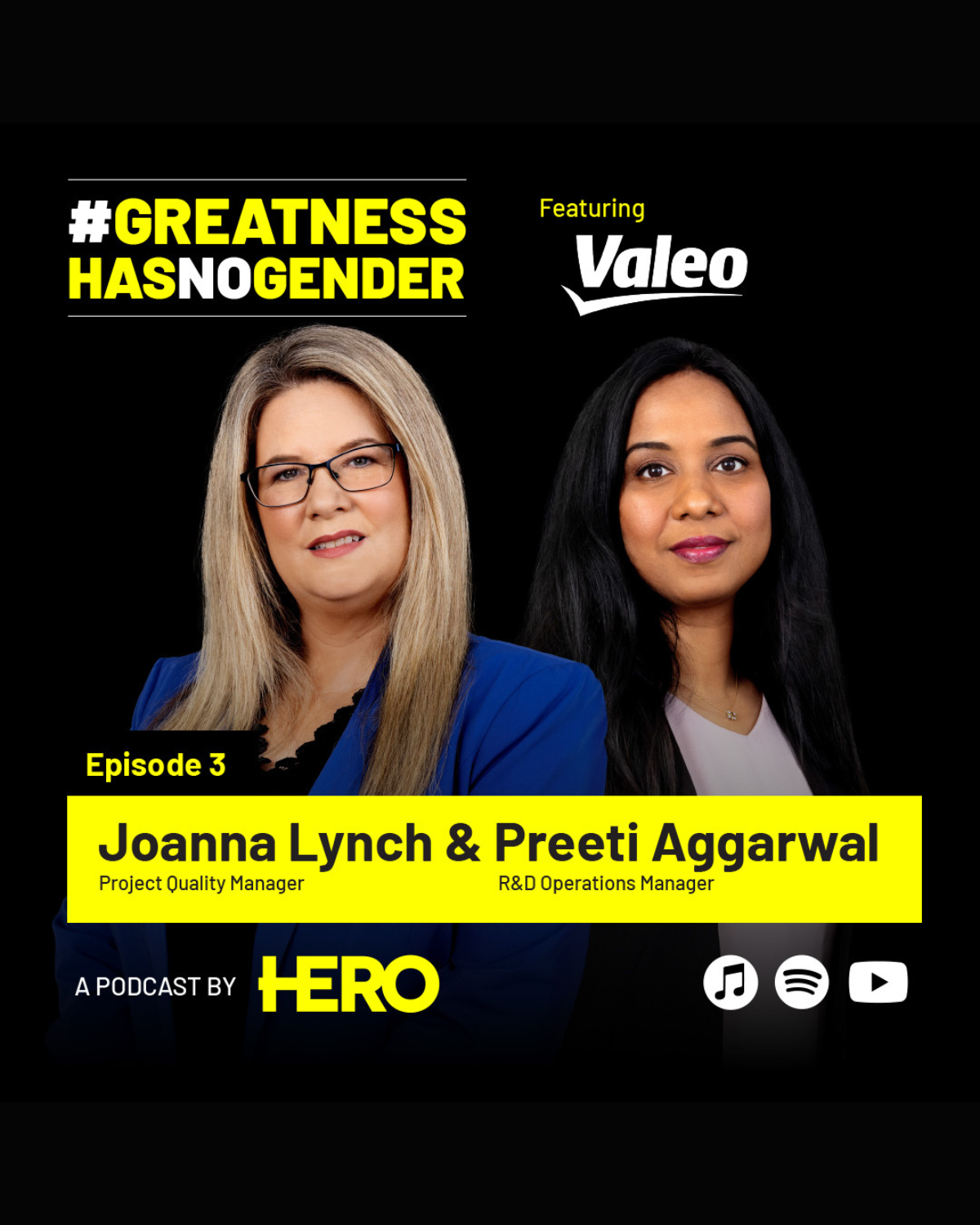How Beckman Coulter is Shaping a Workplace Where Ability Speaks Louder Than Background
In the latest episode of High-Flyers in STEM - #GreatnessHasNoGender, we sat down with Orlaith Lawler, Vice President of EU Operations, and Sarah Keane, Senior Manager of EHS at Beckman Coulter. What followed was a sharp, candid conversation about what leadership in STEM really looks like, beyond buzzwords and corporate statements.
Orlaith and Sarah are clear on one thing: success isn’t about ticking boxes or fitting a mold. It’s about creating an environment where capability, resilience, and drive determine opportunity, and at Beckman Coulter, that belief is built into the way they operate—open-door leadership, strong policies that put equity into action, and a culture where everyone’s voice is heard, from the factory floor to the boardroom.

Orlaith’s Journey: No Grand Plan, Just Drive and Adaptability
“I never had a grand plan,” Orlaith admits. “Which is funny, because now I plan everything.” Her path into STEM wasn’t mapped out in childhood, and she wasn’t following some lifelong passion for science. Instead, it was a process of elimination—dropping subjects in school until she landed on what felt right.
That approach took her from a PhD in UCD to R&D at Cambridge Diagnostics, and eventually into manufacturing and operations, where she discovered her real passion: turning raw materials into something that impacts lives. “I still get a thrill watching it come together, the science, the process, and then seeing the final product actually making a difference.”
But what really shaped Orlaith’s leadership style was understanding how you respond under pressure. “Mistakes happen. That’s life. What people remember isn’t who caused the problem—it’s who fixed it.”
Sarah Keane: From Uncertain Student to Global Industry Expert
Like Orlaith, Sarah didn’t have a straight-line career path, she almost missed out on STEM entirely. “I didn’t take enough science subjects for my Leaving Cert, so I had to rethink everything.”
After taking her brother’s advice, she pivoted to Health & Safety in NUIG, a move that led to a global career spanning high-risk industries, from food to financial services to STEM.
At 22, she found herself managing 800 associates in a high-risk environment, learning to navigate leadership at a young age. “I had total imposter syndrome,” she recalls. “People were coming to me for answers, and I was thinking, ‘I don’t know this yet.’” But instead of pretending, she leaned into asking the right questions. “You don’t have to know everything, but you do have to listen.”
That mindset stuck with her, even as she travelled the world—auditing multinationals across Dubai, Canada, and beyond—before finding her way back to the industry at Beckman Coulter. “STEM is where I need to be. I love the work, the people, the way you’re constantly learning.”
Breaking the Myth: Imposter Syndrome Isn’t a “Women’s Issue”
One of the most refreshing moments of this episode was the frank discussion on imposter syndrome. It’s often framed as a “women’s issue,” but as Orlaith points out, it’s something everyone experiences when stepping into the unknown. The key is learning to sit with discomfort, trust your ability, and know that growth happens outside your comfort zone.
Sarah shares how she tackled self-doubt early in her career by leaning on mentors, asking questions, and realising that leadership isn’t about having all the answers—it’s about knowing how to find them.
Inclusion That’s More Than a Headline
At Beckman Coulter, inclusion isn’t performative—it’s woven into daily operations. Policies like full-paid maternity leave for floor operators (something almost unheard of in manufacturing) show that real equity means considering every employee, not just those in leadership roles.
They’re also flipping traditional gender imbalances. Just as there’s a push to get more women into STEM roles, Beckman Coulter actively works to bring more men into fields like quality and HR, recognising that balance works both ways.
While many companies talk about diversity, Beckman Coulter builds it into how they hire.
“We don’t hire for quotas. We hire the best person for the job—full stop. But that also means making sure everyone gets a fair shot.”
One way they ensure that? Balanced interview panels. “If we’re hiring for a role, we interview both men and women. It doesn’t mean hiring based on gender—it means making sure the opportunity is there.”
Beyond hiring, the company fosters a culture where everyone’s voice carries weight, from senior leadership to contractors on the floor. “The site lead could say something, and even a contractor might challenge it. And if they’re right, we change it. No egos, no hierarchy.”
Final Takeaway: Success in STEM Isn’t About Perfection—It’s About Persistence
If there’s one message from this episode, it’s this: you don’t need a perfect plan to succeed in STEM—you just need the drive to keep moving forward. Whether it’s through career pivots, stepping into leadership without all the answers, or learning to challenge outdated norms, what matters is showing up, speaking up, and being willing to adapt.
Thank you to our sponsors, Fenero, a multi-award-winning company supporting the financial success of contractors, freelancers, and solopreneurs.
Want to be part of this movement? Follow HERO on LinkedIn, reach out at hello@hero.ie, or explore STEM career opportunities in Permanent Careers | Contracting Careers.
Search Jobs
Match my CV
We take the hard work out of finding you a new job. Simply upload your CV (or call us) and we’ll get hunting for you!
Subscribe to The Shift for the latest STEM industry and career updates.

Join The Shift!
Get insider updates on the hottest industry trends, cutting-edge career advice, and exclusive talent insights. Stay ahead of the curve and keep your finger on the pulse of Ireland’s STEM talent trends. Exciting content coming your way soon!

